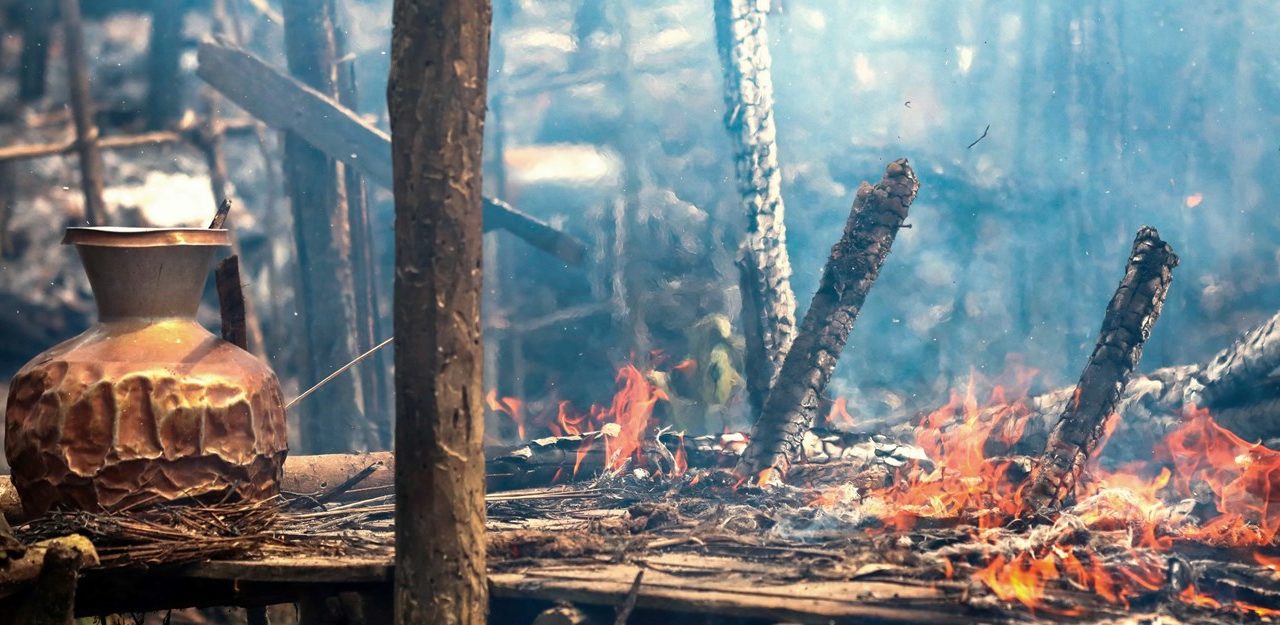September Burma justice news: Rakhine, former child soldier faces jail, land rights, ten year anniversary of Saffron Revolution, and more.
Seeking Justice in Burma
September 2017
Crisis in Rakhine
Since the beginning of the latest military „clearance‟ operations in northern Rakhine State, news from Burma has been dominated by allegations of grave human rights violations against the local Muslim community by the Burmese military.
The UN human rights chief has called the operations a “textbook example of ethnic cleansing” and Human Rights Watch believes the military’s actions amount to “crimes against humanity”.
The Rohingya insurgent group ARSA has also allegedly murdered civilians.
Since ND-Burma began documenting human rights abuses in 2004, we have recorded some 6,000 violations such as the ones reportedly being carried out in northern Rakhine. ND-Burma condemns in the strongest terms any human rights abuses being carried out by government security forces and insurgents.
As long as the government blocks access to international investigators and the media it will be impossible to verify these allegations. ND-Burma therefore urges the government to allow access to the UN fact finding mission as well as the media. The recent government sponsored visit of foreign diplomats and UN officials is a positive start.
Those that have committed human rights abuses must be held accountable. As the current crisis has shown, as long as there is impunity for abuses, they will continue. Indeed, former UN Special Rapporteur on Myanmar Tomas Quintana explicitly linked the current crisis with Burma‟s decision not to pursue transitional justice as part of its democratisation process.
Military withdraws case against journalists;
Former child soldier faces jail for radio interview
The beginning of the month saw some good news with the military withdrawing criminal complaints against six journalists under Section 17(1) of the Unlawful Association Act. The journalists had been arrested along with two others in June after attending a drug burning organised by the Ta‟ang National Liberation Army. The case was roundly condemned as an attempt to punish journalists for “simply doing their job”.
A former child soldier who spoke about his experience on the radio has not been so lucky and remains in custody under section 505(b) of the Penal Code, which has him accused of “intent to cause … fear or alarm to the public”. His sister has said she believes that with the military as the complainant in the case, “only one outcome is possible”.
NLD vows to deliver constitutional reform as monks reiterate calls for change
The NLD has reaffirmed its commitment to changing the country‟s 2008 Constitution at an event celebrating its 29th anniversary. The statement came a few days after monks reiterated calls for constitutional change at an event to mark the anniversary of the Saffron revolution
Confiscated land returned to farmers in Magway;
FIDH report warns of potential “land conflict epidemic”
More good news on land returns as 2,600 acres of land confiscated by the government in 2000 was given back to some 300 farmers in Magway region.
Less good news in a report published by FIDH, which examined human rights violations committed at the Mandalay Myotha industrial Park. The report found that authorities tasked with calculating how much land had been seized from locals frequently under-calculated by some 75-90% and demanded bribes to measure the land accurately. The report warned of a “land conflict epidemic” if land rights legislation was not amended.
ND-Burma legal advisor calls for justice for democracy fighters on ten year anniversary of Saffron Revolution
In an article for Oxford University’s Tea Circle blog to mark the ten year anniversary of the Saffron Revolution, ND-Burma‟s legal advisor Aileen Thomson called on the Burmese government to deliver social justice to those who have fought for democracy:
“Thousands of people throughout Myanmar made incredible sacrifices to move the country towards democracy. […] For that, they have suffered imprisonment, exile, stigmatization, unemployment and have been left otherwise unable to fully participate in their society and enjoy the gains of their struggle. Now that the leaders of that movement have power, now that the country is, in fact, moving slowly towards democracy, those who helped make that happen should be able to enjoy the benefits as well.”
Family of Japanese journalist murdered in 2007 continue to demand answers
The family of a Japanese journalist shot by the military during the 2007 Saffron Revolution are continuing to demand the Burmese government open an investigation into his death. In a letter sent to Daw Aung San Suu Kyi on the ten year anniversary of Kenji Nagai‟s death, his sister asked for government acknowledgement that he was killed by soldiers, as well as the return of the camera he was holding when he was shot. The military continues to deny he was shot at point blank range, despite the existence of a Pulitzer prize winning photo showing a soldier pointing a rifle directly at him as he lies dying on the floor.



